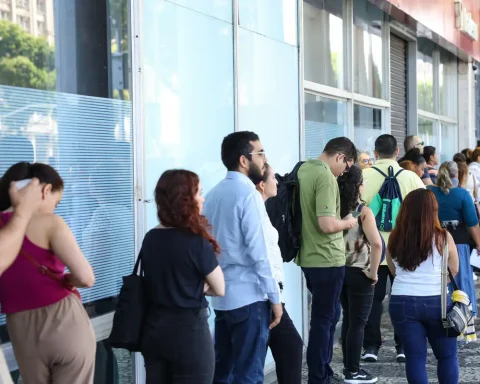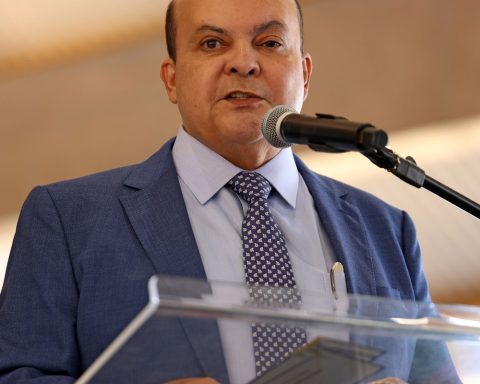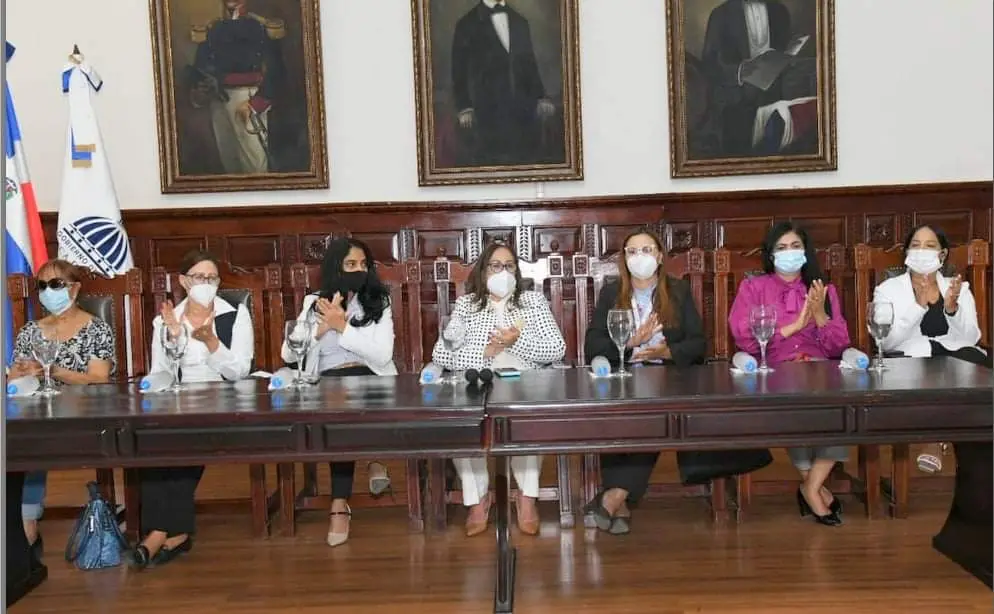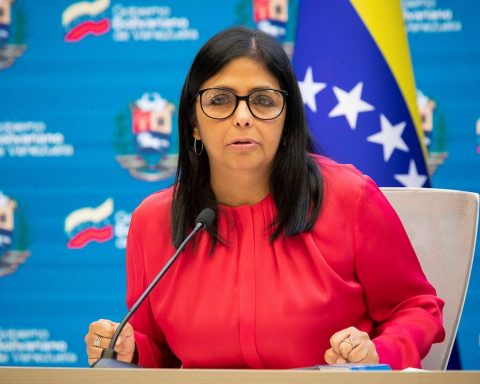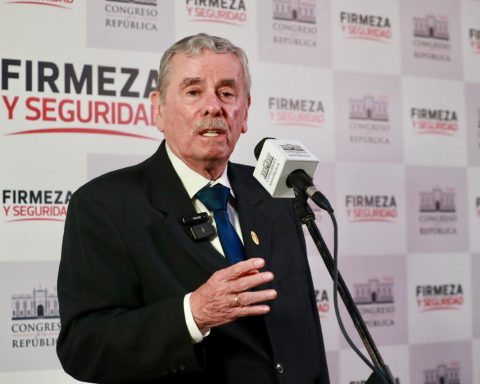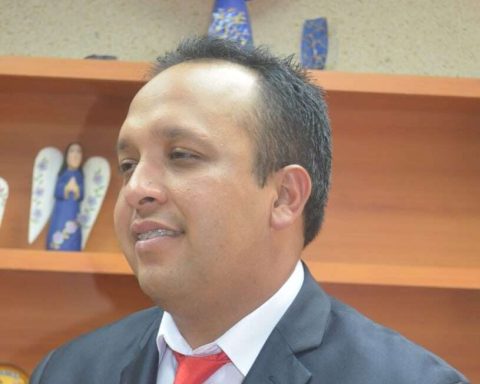The Mixed Budget Committee discussed this Thursday (11) the general rapporteur’s amendment, also known as the RP9 code. Formally, the provision is used for budgetary recompositions authorized in the preliminary opinion of the Annual Budget Law (LOA). The debate takes place after the suspension of the execution of the appeals following a decision by Justice Rosa Weber, of the Federal Supreme Court (STF), confirmed yesterday (10) by the plenary of the Court.
Upon granting the injunction, Rosa Weber responded to requests made in three allegations of non-compliance with a fundamental precept (ADPF) filed by the Citizenship, PSB and PSOL parties. The subtitles argued that there was a distortion of the purpose of these amendments, identified by the acronym RP9, which would be handled only with political criteria, in order to broaden the government’s base in Congress.
The Senate Budget consultant, Aritan Borges, said that currently there are few rules to delimit the role of the general rapporteur in the process of evaluating the Budget. He defended the inclusion of clear parameters and criteria in the resolution (06/1) of the National Congress that deals with the issue and, above all, through a complementary law already provided for in the Constitution to regulate the budget on a permanent basis.
For one of the directors of the Chamber’s Budget and Financial Oversight Consultancy, Eugênio Greggianin, new parameters are needed to guide lawmakers with regard to more generic budget schedules. “The path seems to us to be mapping the needs of public policies in each municipality – and this is the role of a government agency – in order to be able to develop a matrix of indicators, so that, over time, there would be the implementation of a bank of projects containing indicators to support the decision on transfers. The congressman would receive an already more complete bank, which would allow a better assessment of the needs”, he said.
TCU
During the hearing, the secretary of Government Macro-Assessment of the Federal Court of Accounts (TCU), Alessandro Caldeira, warned of the lack of transparency in the division of resources and the increase in the volume of resources authorized by this instrument: R$ 21.8 billion in 2020 and BRL 16.8 billion in 2021, until it was suspended by Minister Rosa Weber.
“It is noteworthy that a significant volume of the federal government’s current expenditure is being supported through parliamentary amendments. I emphasize here the issue of equity that the Constitution grants to the distribution of resources from individual amendments: a criterion that it was not possible to identify in the case of rapporteur amendments. We see that some municipalities received a much higher per capita value than others. In itself, this is not irregular, but it lacks objective and transparent criteria that allow the distribution of resources in a fair manner”, he said.
In the assessment of the founder of Associação Contas Abertas, Gil Castelo Branco, atypical values of budgetary commitment were verified in October, especially in the days close to the vote of the PEC of Precatório in the Chamber of Deputies. According to him, there were almost R$ 3 billion committed that month, while the highest monthly amount, until then, had not exceeded R$ 1.9 billion. Between October 28th and 29th, the commitments reached R$ 909 million.
Committee Rapporteur
Speaking at the Plenary yesterday (10) about the decision of Minister Rosa Weber, Deputy Hugo Leal (PSD/RJ), rapporteur of the Mixed Budget Committee, said that there is nothing secret in the Budget and that it was only possible to know “where to these amendments are going [RP9] because the National Congress did its part and placed the identifying code”. “There is no secret in the codes that are being used”, he said.
*With information from the Chamber Agency



